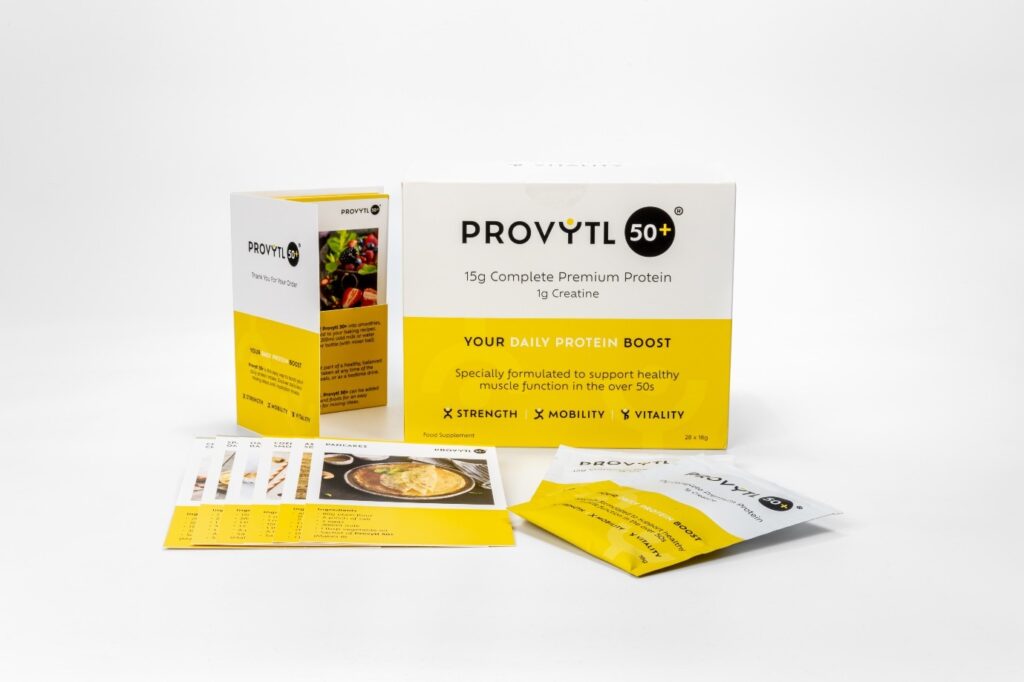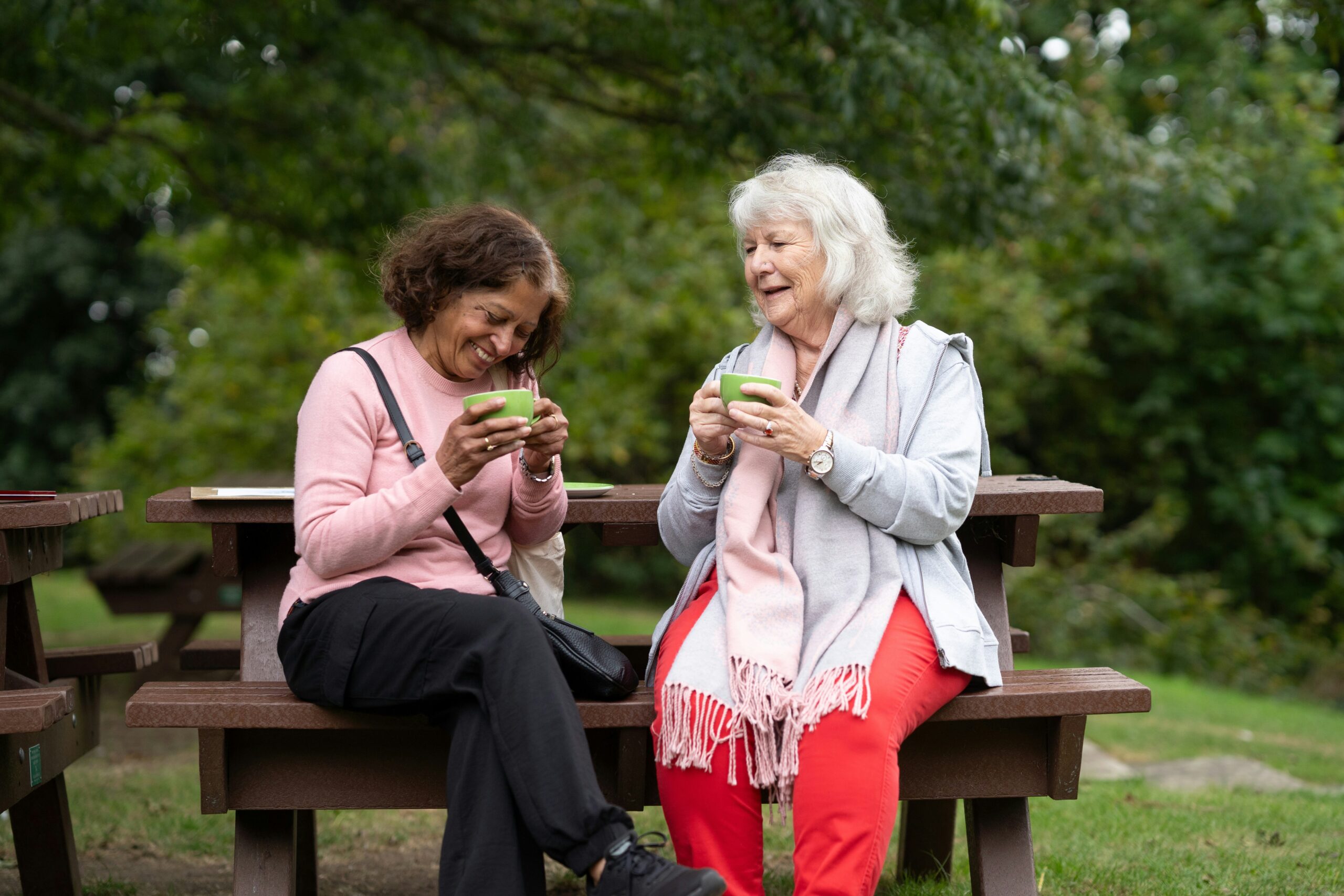As we age, maintaining strength and health becomes more important than ever —not just for ourselves, but for the people we love. Whether it’s keeping up with grandchildren, staying active with your kids, or continuing to enjoy family activities, ensuring you maintain your energy and vitality is key to living the life you want. One of the most essential nutrients that plays a key role in being able to do this is protein.
Protein: The Key to Healthy Ageing
While protein is essential for everyone, its role becomes particularly crucial as we grow older. After the age of 50, our bodies naturally start losing lean muscle mass — a process known as sarcopenia — which can result in a loss of strength, function, and independence. In fact, the average person loses 5-15% of their muscle mass per decade after the age of 50.
But by increasing the amount of protein in your diet, you can help counteract this age-related muscle loss. Protein supports muscle repair and growth, helping you stay strong and active – whether you’re running after children or grandchildren.
The Role of Protein in Overall Well-Being
Protein also comes with additional benefits that can make a significant difference as you age. As bone density decreases in our 50s, the risk of fractures and conditions like osteoporosis rises. Protein helps your body absorb vital minerals like calcium, supporting bone health and reducing the risk of injury. It also helps maintain healthy skin and hair, supports a strong immune system, and even plays a role in regulating mood. Protein-rich meals can keep you fuller for longer, reducing the need to snack, and helping with weight management.
Why You Need More Protein After 50
While current government guidelines suggest adults consume about 0.75g of protein per kilogram of their bodyweight, these recommendations have been set as a minimum to prevent protein deficiency. There’s a growing consensus among health professionals that this is not enough, particularly for women over 50.
Instead, aim for 1.2 to 1.5 grams per kilogram of bodyweight. For example, a woman weighing 60 kilograms should aim for approximately 72 to 90 grams of protein per day.
However, studies have shown that 90% of people over 50 aren’t reaching their protein target.
Simple Ways to Incorporate More Protein
The good news is that increasing your protein intake is simple. We often equate protein with meat, but there are also many good non-meat options; beans, nuts, tofu, tinned fish, and legumes are all protein-rich foods.
If you or someone you love is struggling to meet daily protein targets, a high-quality, whey-based protein powder like Provytl 50+ can help. It’s unsweetened and additive free, making it easy to stir into soups, porridge, and drinks. Provytl 50+ is enhanced with essential nutrients such as creatine, which helps with muscle repair and cognitive performance, and contains 15g of pure whey protein in each sachet.

Registered dietitian Zoe Cottrell launched protein supplement brand Provytl 50+ after working with a large volume of patients who were frail and recovering from falls. “A common denominator I often see is inadequate protein consumption,” she says. “My wish is that more people knew about the power of protein before they suffered a fall or fracture. Upping our protein target as we age is key to maintaining strength and vitality through midlife and beyond.”
